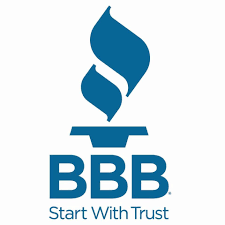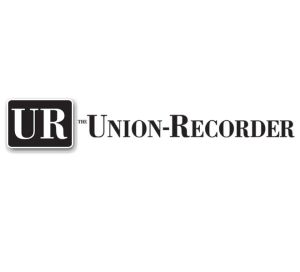BBB: Think twice before sharing an online missing child alert
Published 3:00 pm Monday, January 16, 2023

- BBB
You’re on Facebook and you see that a friend appears to be providing information about a missing child. Or you may be on a buy-and-sell page for your community where you see a posting for a missing pet. Instinctively you want to help, so you share the post on your own feed. Unfortunately, your good intentions could actually be putting family and friends at risk of identity theft or fraud.
Trending
Some of these posts are fake and designed to serve as a bait and switch in order to deceive individuals into handing over their money or personal information. If the post appears to be from a friend, it’s likely their account was hacked or replicated. With the buy-and-sell pages, posts can come from individuals who appear to be from your local community but are actually in another state or another country.
You may be wondering how sharing a post can put your social media friends at risk. After you share the post, the impersonator can change their original post to any type of promotion that could draw people in, ranging from deceptive rental ads to links pointing to surveys that “guarantee” a cash prize. Because your friends believe you are recommending it, they are more likely to fall for the promotion.
While the scheme has many variations, they all use stories that will invoke emotion or urgency that the message should be shared to help someone in need. Some are designed as a human interest story, such as one highlighted in a USA Today story where the publication reported on a fake post about an injured dog that resulted in 250 shares.
Local buy-and-sell Facebook groups seem to serve as popular breeding grounds for these posts, likely because there is already a sense of community and trust within these crowds, and people may not realize that scammers are targeting members. Scammers sometimes also turn comments off on the posts so other group members can’t oust them.
BBB offers these tips to avoid being scammed by a bait-and-switch Facebook ad:
Do a bit of digging before resharing a post on your profile. Read the information carefully and look at the profile of the person who created and shared the original post. If the profile is from Texas but shared the post in a Georgia group, it may be a red flag of a bait-and-switch publication.
Trending
Find out when the poster created the Facebook profile. Scammers always create profiles when their old one gets banned. If you click on their profile, it will tell you how long they have been a member of the group. You can also find additional information on their public profile.
You should see it in the news. If a child goes missing or a tragedy occurs, you’ll most likely see it on different news outlets or shared by law enforcement, not on a random post.
Do a reverse image search on Google. That will allow you to find out if the pictures you saw were used on other ads or websites in different cities.
Find similar posts. Copy and paste the text from the post into Facebook’s search tool to see if other posts with the same text and different pictures show up.
If you suspect a post is a scam, report it to Facebook.
If this scam has targeted you, help others by filing a scam report at BBB.org/ScamTracker.
Kelvin Collins is president & CEO of the Better Business Bureau serving the Fall Line Corridor, serving 77 counties in East Alabama, West Georgia, Southwest Georgia, Central Georgia, East Georgia, and Western South Carolina. This tips column is provided through the local BBB and the International Association of Better Business Bureaus (IABBB). The Better Business Bureau sets standards for ethical business behavior, monitors compliance and helps consumers identify trustworthy businesses. Questions or complaints about a specific company or charity should be referred directly to the BBB at Phone: 1-800-763-4222, website: BBB.org or email: info@centralgeorgia.bbb.org






